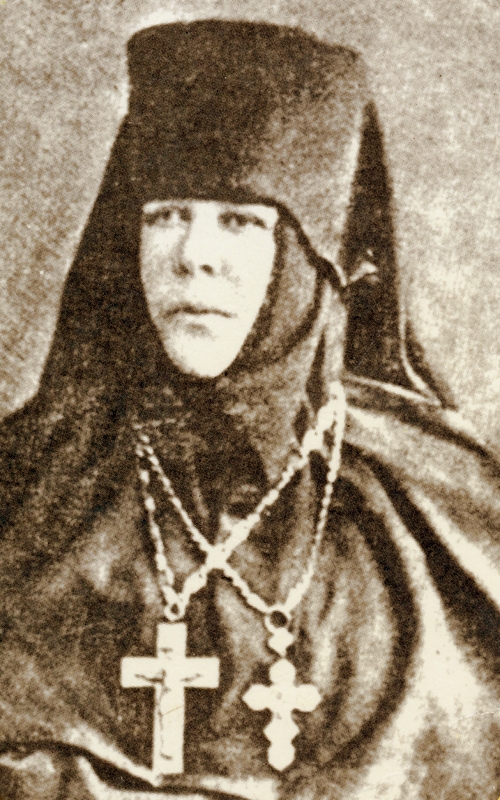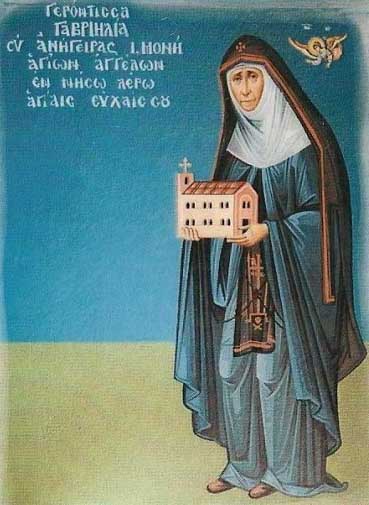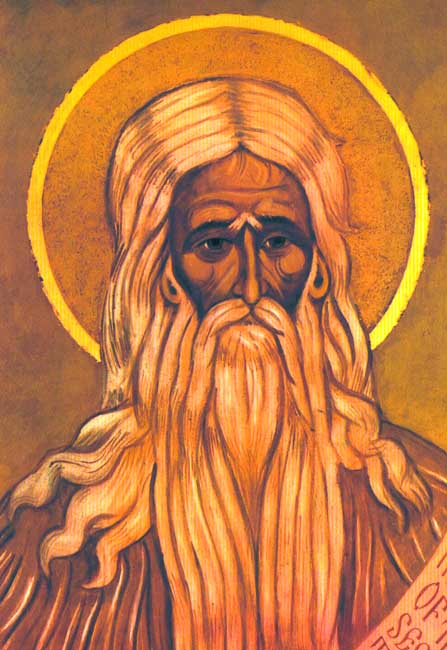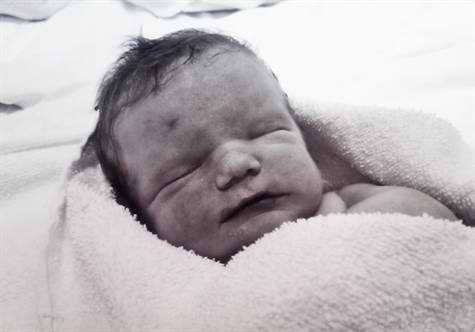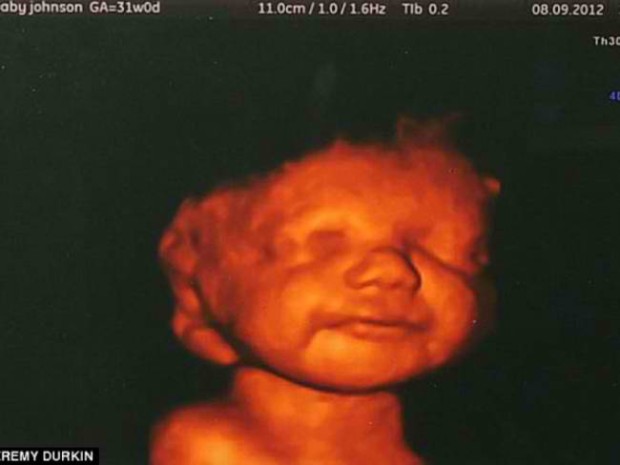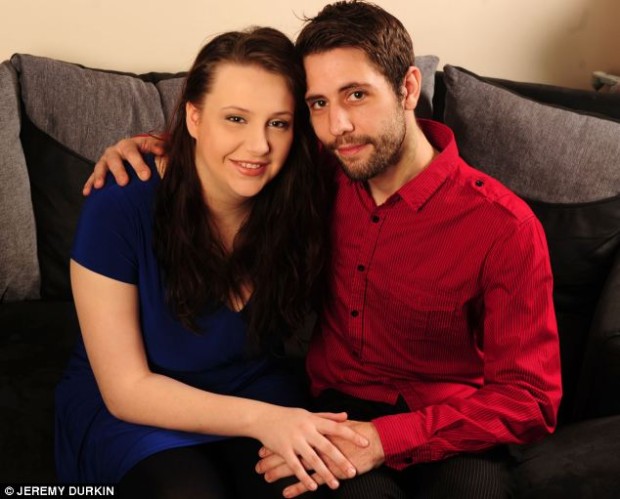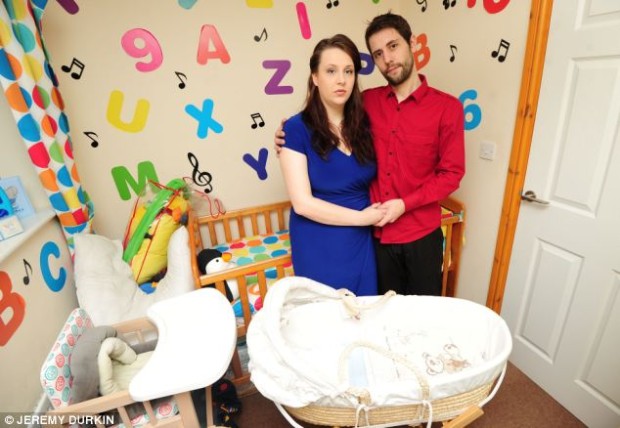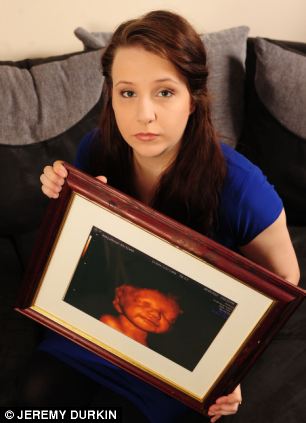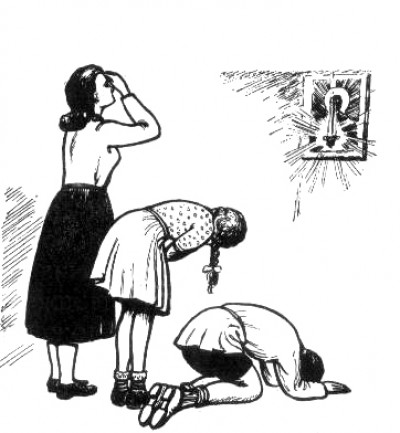
Orthodox worship is characterized by a complete utilization of the senses sight, smell, hearing, speech and touch. We see the candles, Icons, frescoes, etc., we hear the sounds of singing and reading, at times lifting up our own voices, and we smell the characteristic odor of the incense. The whole of the human person is involved in worship, and important among the senses is the actual deportment of the human body. The attitude of the Orthodox Believer to worship is reverential, and certain types of bodily movements are utilized to reinforce this sense of reverential piety we stand during the services, we make bows and prostrations, and with great frequency, we make the Sign of the Cross. Accordingly, there are several types of Bows, depending on the solemnity of the moment.
Prostration (Great Metanoia Great Poklon).
Here the worshipper prostrates the whole body, throwing the weight forwards onto the hands and touching the ground with the forehead.
Bow (Small Metanoia Poklon).
The worshipper bows from the waist, touching the ground with the fingers of the right hand. Both Prostrations and Bows are preceded by the Sign of the Cross.
Reverence.
At certain times the worshipper merely bows the head; sometimes this is accompanied by the Sign of the Cross.
Sign of the Cross.
The Sign of the Cross is made with the thumb and the first two fingers of the right hand joined at the tips (the third and fourth fingers being closed on the palm). By joining the thumb and the first two fingers, we express our belief in the Most-Holy Trinity. The two fingers closed on the palm represent the two natures of Christ divine and human. With the thumb and first two fingers joined, we touch first the brow, then the breast, the right shoulder and then the left, making on ourselves the Sign of the Cross and signifying by the four points that the Holy Trinity has sanctified our thoughts (mind), feelings (heart), desires (soul) and acts (strength) to service of God. By making the Sign of the Cross on ourselves we also signify that Christ has saved us by His sufferings on the Cross.
Bishops and Priests, in bestowing a blessing, make the Sign of the Cross from left to right (appearing to us from right to left), while holding the fingers in such a manner as to represent the Greek letters IC and XC the first and last letter of the name Jesus Christ.
